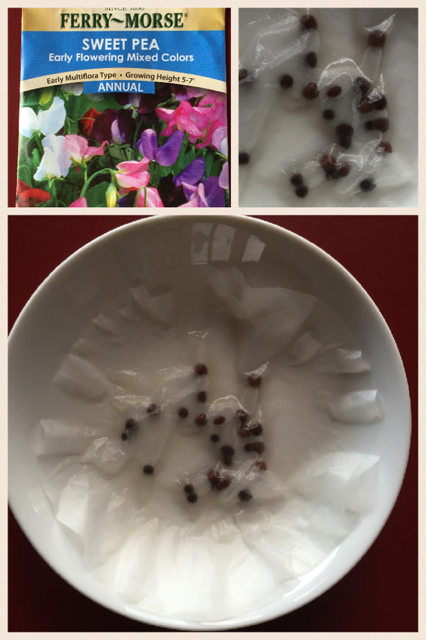Aloha Maui. From 2018 through 2021 I was working as a substitute teacher and making time to assist with farming and infrastructure development projects that support Hawaiian food sovereignty. The pandemic helped people gain a better understanding of what it would take to be truly self sufficient. Recognizing that over 80% of food consumed in Hawai’i arrives on barges from 3000 miles away was a wake up call for many. The food hubs and other creative organizing that sprang up in the void of confusion was astounding and heart warming. Like many, I worked multiple jobs for the privilege of living in such a beautiful and sacred place. I awoke everyday with gratitude, despite the many challenges that also presented themselves.
Now, in the aftermath of the deadly fires that have destroyed Lahaina, I like many am sick with shock. It will be weeks before all lost lives are accounted for. Every day the pressure of not knowing is breaking the hearts of loved ones more and more. Knowing that emergency services are too overwhelmed to coordinate the thousands of volunteers who are showing up, I am aware that if I were there now I would feel just as unhelpful and superfluous. So I venmo support to friends who have lost everything. Each day they awake grateful to be alive, but their trauma is enduring.
Everything feels like a starting over. What better time to embrace a new beginning than when your heart is broken and you are expanding your vision for the greater good? I have worked as an agronomist and in conventional horticulture operations. I have homesteaded and explored minimalistic home-keeping (starting before the tiny house movement) and lived in Intentional Community. It has often felt that my predilections and preferences are always derided – until suddenly they become the fashion.
In 1993, I began to work as an independent California certified Pest Control Advisor (PCA) in California’s Central Valley. I aimed to provide the alternate narrative of Agroecology to mainstream farmers. I peddled actionable insights for increasing crop health and reducing input costs. My services could even help you transition to Organic! Despite being aware of how industrial ag doesn’t approve, I shared resources and provided services for soil and tissue testing, plant nutrition, biological pest control. Researchers at universities, I knew, could no longer be impartial because increasingly their departments are funded by industrial ag stakeholders. I partnered with reputable seedsmen and purveyors of quality plant nutrition products to offer an holistic approach, always being available by phone for consultations.
With greater context and more resources than ever before, I have decided to renew independent consulting in California, shifting focus from production agriculture to supporting urban food production for the purposes of education, local food sovereignty and ecological preservation. Bioregional awareness and respect for the land are foundational to any project I consider.
Areas of Knowledge & Service: Food Production, Community Development, Writing/Editing


